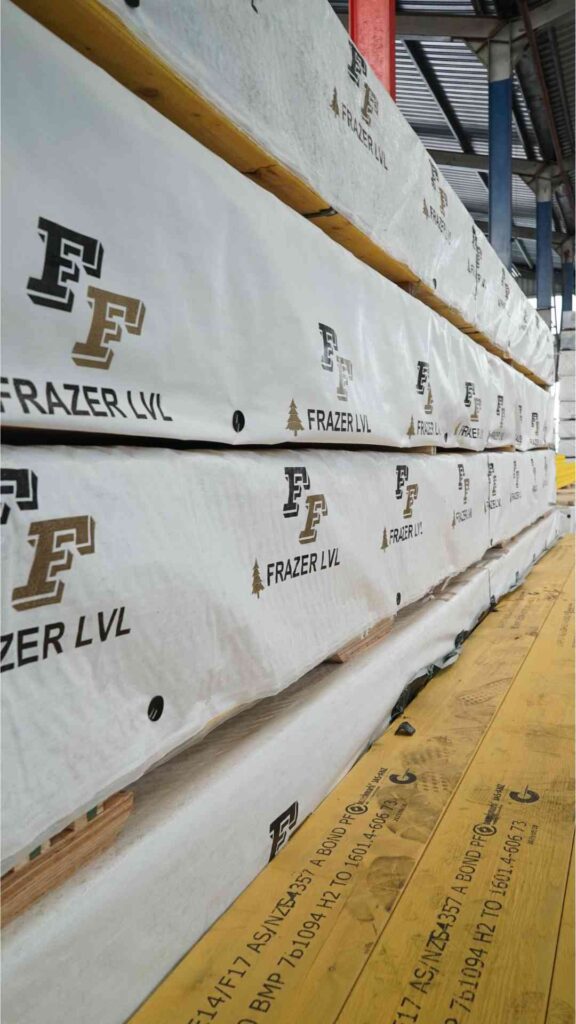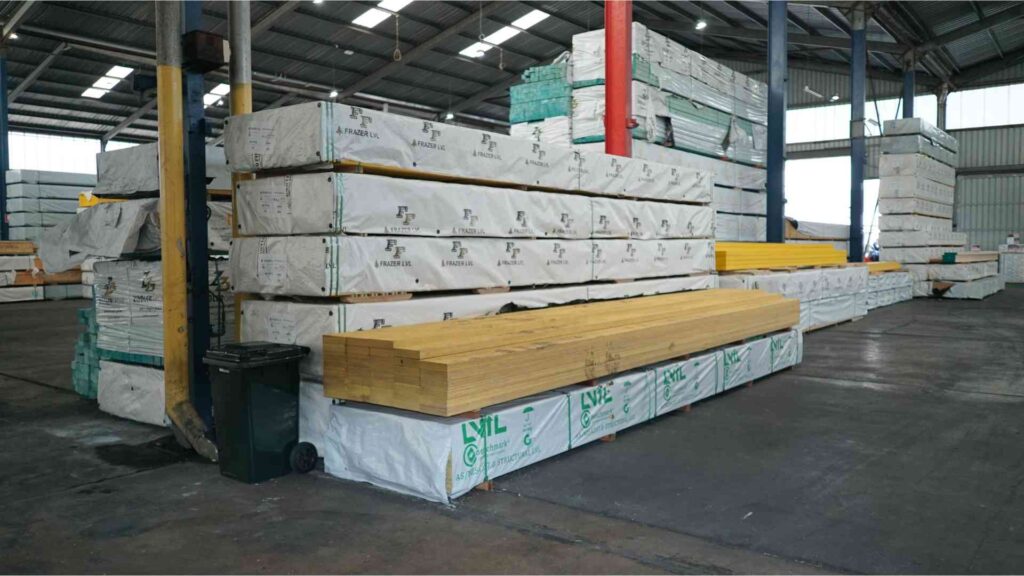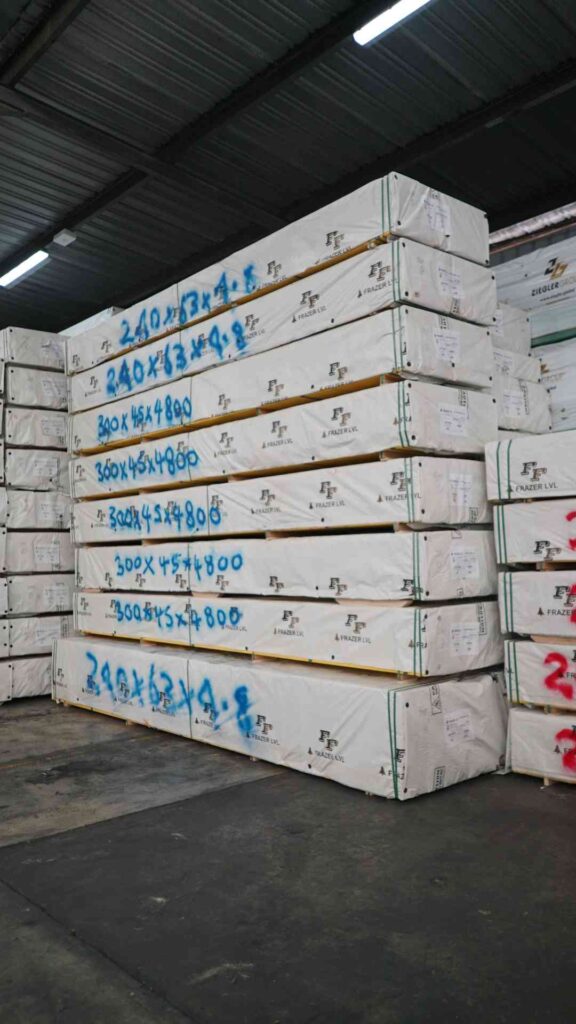In the evolving landscape of construction materials, LVL timber stands out as a revolutionary alternative to traditional timber. Multiworks Timber, a leader in the industry, presents a comprehensive analysis of whether LVL is a more economical choice for your construction needs.

Understanding LVL Timber
Laminated Veneer Lumber (LVL) timber is an engineered wood product that is gaining prominence for its strength, versatility, and sustainability. It is manufactured by bonding together multiple layers of thin wood veneers under heat and pressure, creating a material that surpasses traditional timber in both performance and durability.
Economic Benefits of LVL
The initial cost of LVL may appear higher than that of traditional timber, but a closer examination reveals its superior economic value. Here are key factors contributing to the cost-effectiveness of LVL:
- Durability and Longevity: LVL timber’s engineered properties ensure a longer lifespan compared to traditional timber, reducing the need for replacements and repairs.
- Strength and Stability: Its uniform strength minimises waste and allows for the use of smaller sections, leading to cost savings in material usage and labour.
- Versatility in Design: The flexibility of LVL in meeting diverse architectural requirements can lead to more efficient designs and, consequently, lower project costs.
- Sustainability: With environmental considerations becoming increasingly important, LVL offers a sustainable option that can contribute to lower lifecycle costs through energy efficiency and potential tax incentives.
Comparative Analysis with Traditional Timber
When comparing LVL to traditional timber, it is crucial to consider the entire scope of a construction project. LVL timber’s higher upfront cost is offset by its significant advantages:
Reduced Material Defects: Unlike traditional timber, which can vary widely in quality and strength, LVL timber provides a consistent product, reducing the risk and cost associated with defects.
Efficiency in Construction: The predictability and uniformity of LVL enable faster construction times, lowering labour costs.
Energy Efficiency: The insulating properties of LVL can contribute to lower energy bills, providing ongoing savings for the life of the building.
Future of Construction Materials
The move towards LVL reflects a broader trend in the construction industry towards materials that offer both economic and environmental benefits. As technology advances, the gap between the initial cost of LVL and its traditional counterparts is expected to narrow further, enhancing its attractiveness as a cost-effective solution.
What is LVL Timber?
LVL (Laminated Veneer Lumber) timber is an engineered wood product manufactured by bonding together multiple layers of thin wood veneers under heat and pressure. This process enhances the wood’s strength, stability, and durability, making LVL a superior choice for various construction applications compared to traditional timber.
How does the cost of LVL Timber compare to traditional timber?
While the initial purchase price of LVL may be higher than that of traditional timber, it offers greater economic value in the long run. Its durability, strength, and efficiency in construction can lead to significant savings on repairs, replacements, and labour costs, making it a more cost-effective solution over the lifespan of a construction project.

What are the main advantages of using LVL in construction projects?
LVL boasts several advantages, including:
- Enhanced durability and longevity, reducing the need for frequent replacements.
- Uniform strength and stability, allow for the use of smaller sections and less material waste.
- Design versatility, supporting a wide range of architectural needs.
- Environmental sustainability offers a greener alternative with potential for energy efficiency and tax incentives.
Can LVL be used in all types of construction projects?
Yes, LVL timber’s versatility and strength make it suitable for a broad spectrum of construction projects, from residential homes to large commercial buildings. Its ability to meet diverse architectural requirements also makes it an excellent choice for custom designs and innovative construction solutions.
Where can I find more information on how LVL contributes to cost savings in construction?
For detailed case studies and real-world examples of cost savings achieved with LVL timber, reaching out to Multiworks Timber is recommended. Their experts can provide insights into how LVL has been effectively utilised in various projects to enhance structural integrity while reducing overall project costs.

Conclusion
In conclusion, when considering the full lifecycle of a construction project, LVL timber emerges as a more economical choice than traditional timber. The benefits of durability, strength, design flexibility, and sustainability contribute to a lower total cost of ownership and a smaller environmental footprint.
For construction projects aiming to balance cost with performance, LVL offers a compelling alternative. Multiworks Timber remains at the forefront of supplying high-quality LVL, supporting the construction industry’s shift towards more innovative and economical building materials.
Engage with Multiworks Timber
To explore how LVL can make your next project more economical without compromising on quality, reach out to Multiworks Timber. Our experts are ready to provide you with the knowledge and materials you need to make informed decisions about your construction materials.
